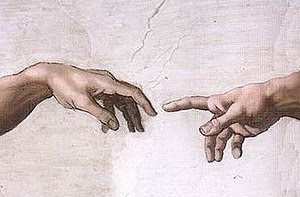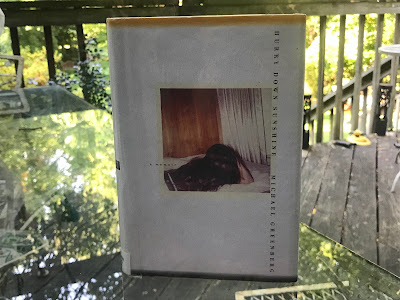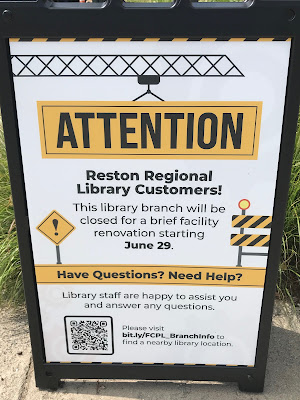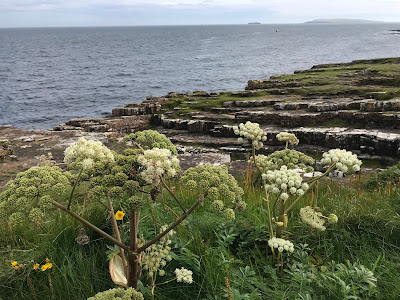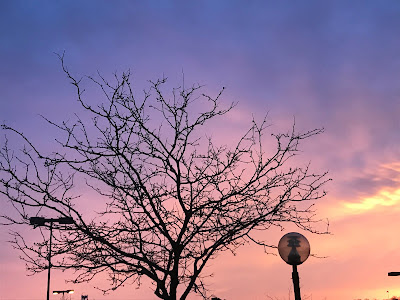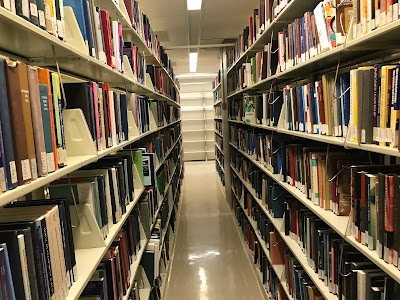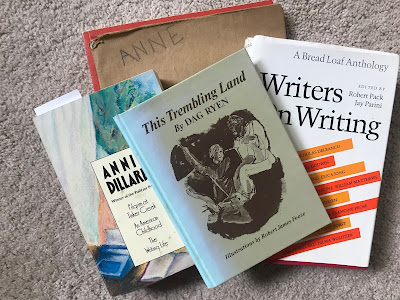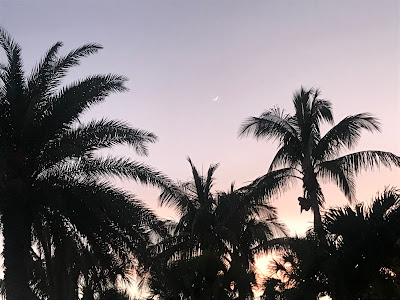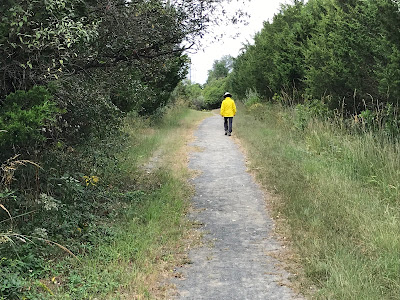Passing on Genesis
I’ve been waiting months to nab a library copy of Marilynne Robinson’s Reading Genesis. I’ve read most of Robinson’s fiction (incandescent!) and some of her nonfiction (always erudite and thought-provoking). In fact, she’s one of my favorite authors.
When I cracked open her latest, though, I wasn’t sure I was up to the challenge. Nothing against Robinson, but Reading Genesis deserves a more clear-eyed reading than I can give it now. This is a book for cuddling with on a cold winter’s evening. It’s about concentrated mental effort, the kind I don’t have much of when days are long and nights are short and the mercury is topping 90 every day.
Feeling this way about the book makes me wonder about the seasonality of our reading choices. Might I have finished Ulysses if I’d attempted it in September, with the crisp attentiveness of a new academic year? After all, that’s when I finally completed The Power Broker.
On the other hand, it’s good to take the measure of a book before you start reading it, to save its revelations for another day. I’m sorry to pass on Genesis. But — at least for now — I will.
(Photo: Detail of Sistine Chapel ceiling, courtesy Wikipedia)
